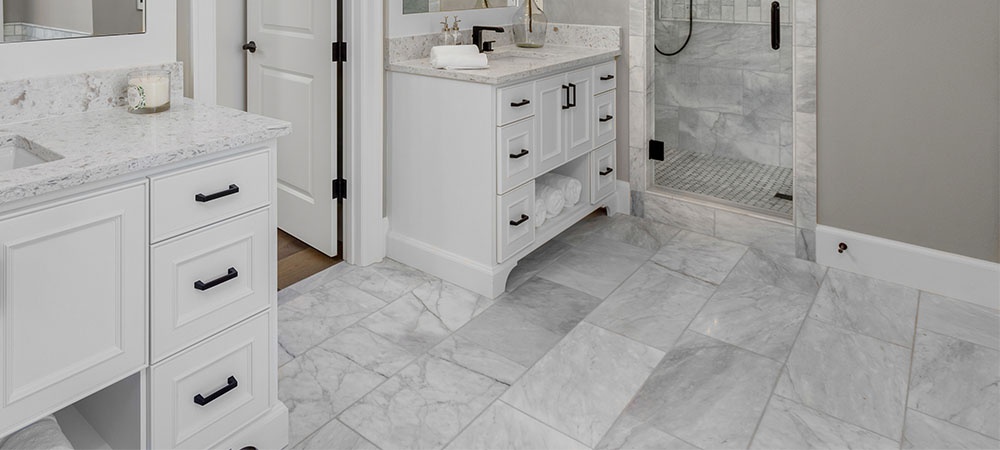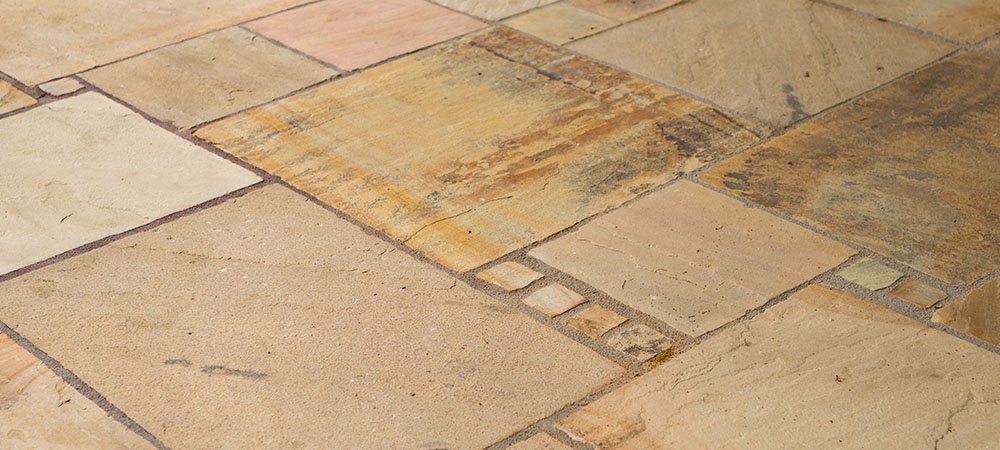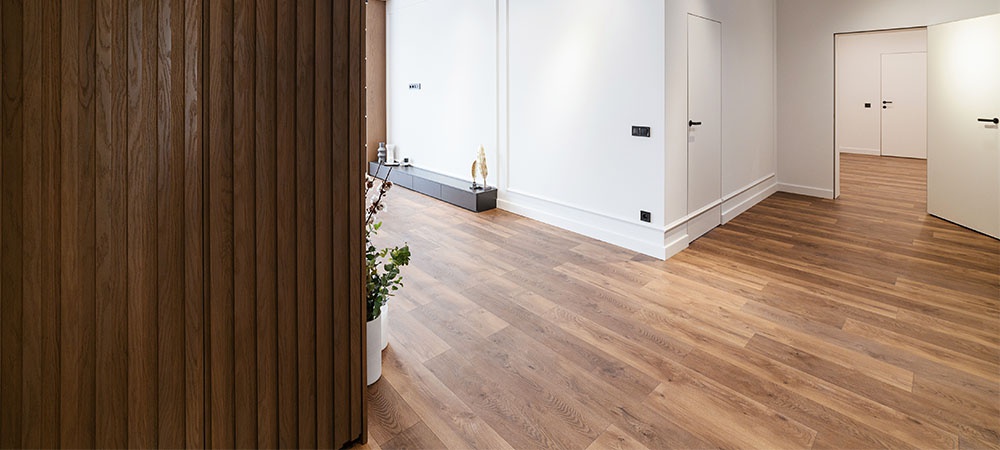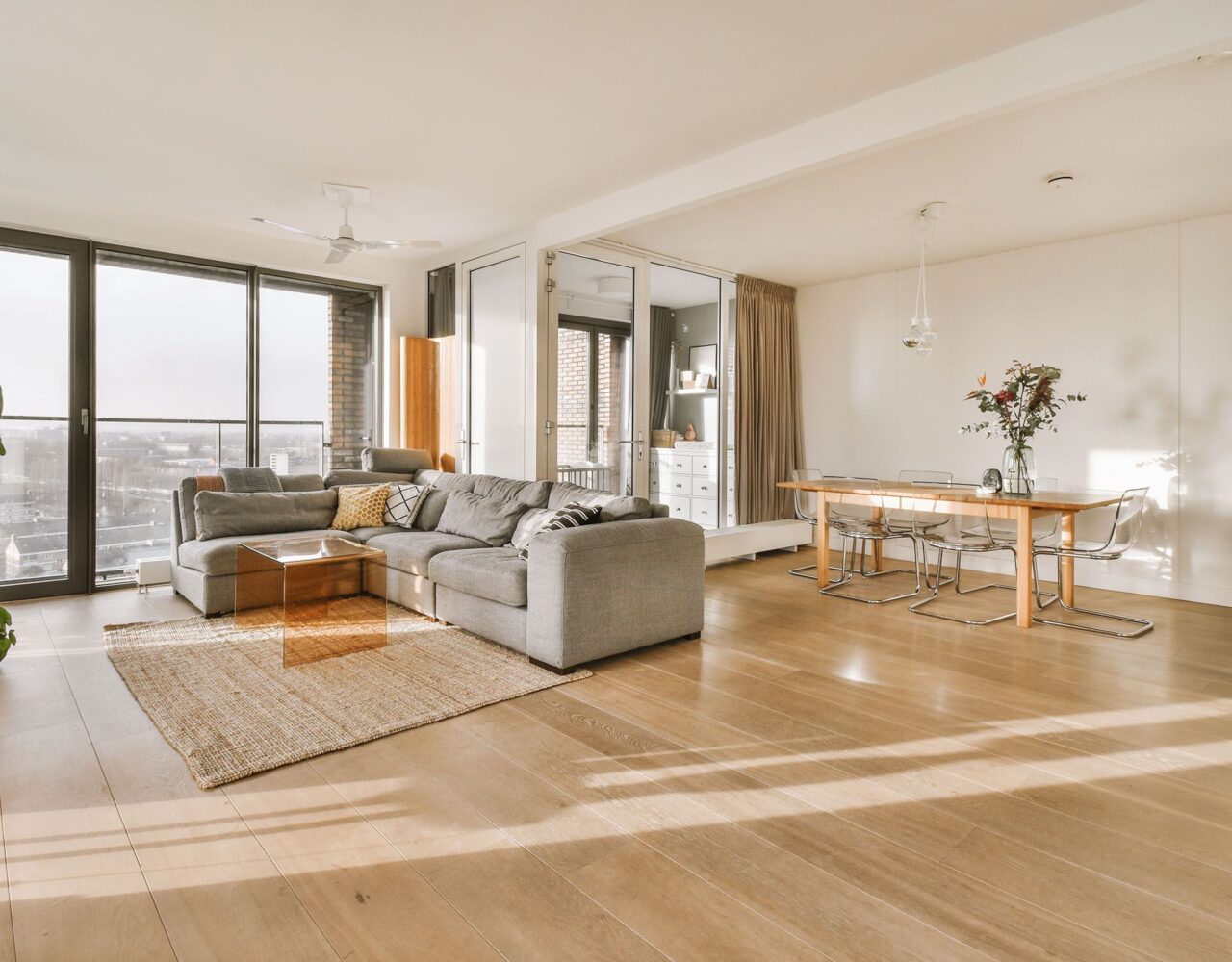Choosing the ideal flooring type for your home is critical because it has many long-term ramifications. These implications include health, safety, beauty, and convenience. So, what should you consider when selecting the best flooring material for your home? Flooring materials pros and cons are some of the factors informing this decision.
Our post examines various flooring materials plus their pros and cons. Keep reading to choose the best flooring material for the kitchen and other spaces.
1. Carpet
Carpeting is one of the most affordable and popularly used flooring materials. It comes in various colors, textures, and materials. Some modern carpets are stain-resistant. It comes in different prices ranging between $2.50 to $10 per square foot.
Pros
- Visually warms up spaces
- It has numerous colors, materials, and designs
- It’s excellent for sound insulation
- Some types are stain-resistant
- It’s cost-effective
- It’s warm and soft on users’ feet
- Carpeting has eco-friendly options
Cons
- Most carpets require professional cleaning
- Some varieties are still vulnerable to staining
- It shows wear patterns
- It adds no value to home buyers
- It holds dirt and allergens, making it unsuitable for people with allergies
- Not recommended for use with radiant heating
2. Tile
Tiling is another popular type of flooring material for home and commercial use. It’s an excellent choice for spaces prone to water and moisture, such as kitchens and bathrooms.
Tiling comes in porcelain and ceramic forms. It comes in different colors and styles. The average cost of installing ceramic tile is $2.50 per square foot and $3 to $10 for porcelain.
Pros
- It’s water-resistant
- Durable
- It looks great
- Has various colors and styles
- Easy to repair
- It’s eco-friendly
- Safe for use with radiant heating
Cons
- It’s costly
- It’s pretty difficult to install because it needs lots of preparation work before installation
- It feels cold on your feet
- Tile can be slippery

3. Laminate
Laminate is a cost-effective alternative for homeowners who don’t want carpet but still wish to avoid costly tiles or hardwood. It comprises particleboard bases topped by tile or wood beneath clear plastic protective layers.
It’s one of the best options for DIY lovers and has various textures and colors. Installing laminate costs between $3 and $7 per square foot.
Pros
- It’s cheaper than wood
- Easy to clean
- It’s scratchproof
- Laminate’s DIY-friendly
- Has various styles and colors
- Easy installation
- Durable
- Very eco-friendly
- It’s compatible with radiant heating
Cons
- It’s vulnerable to moisture damage
- It chips easily
- It doesn’t look and feel like natural wood
- Has poor soundproofing
- Cheaper alternatives don’t look and feel original
- Has low value for home buyers
- You can’t refinish it
- It has repeated photo patterns
4. Natural Stone
Natural stone is one of the best options for homeowners who want to connect with nature. It comes in different forms, like granite, marble, travertine, and sandstone. These various alternatives are excellent for indoor and outdoor spaces.
It has natural beauty and quality that many other flooring materials can hardly rival. It costs between $5 and $10 per square foot to install this floor.
Pros
- It’s bold and elegant
- Highly durable
- Water-resistant
Cons
- Pretty costly
- It’s difficult to install due to much preparation work needed before installation
- It feels cold on your feet
- It can be slippery
- Natural stone is difficult to maintain

5. Hardwood
This flooring comes from solid pieces of milled wood containing natural wood. Homeowners can sample it in various forms like maple, oak, walnut, and cherry.
Hardwood flooring is versatile and high-quality, making it attractive to many home buyers. Installation cost averages $5 to $10 per square foot.
Pros
- You can refinish it several times
- Hardwood comes in many options
- It’s strong
- It’s durable
- Hardwood has a luxurious look and feel
- It’s eco-friendly
- It has high value for home buyers
Cons
- It’s expensive
- It’s vulnerable to scrapping, scratching, and denting when used in high-traffic spaces
- Hardwood is susceptible to moisture damage
- It’s unsuitable for wet spaces like bathrooms and laundry rooms
- Installing it without professional help is challenging
- Unsafe to use with radiant heating
6. Vinyl
This flooring alternative is manufactured in various colors and profiles. It can mimic other flooring materials. Vinyl is relatively affordable.
Pros
- It’s durable
- Easy to maintain and clean
- It can withstand wetness without buckling, making it suitable for use in bathrooms, basements, and kitchens
- Easy DIY installation
- It’s highly affordable
- It’s fade-resistant
- Has various design choices
Cons
- It has a lower ROI than wood
- It’s not very eco-friendly
- Hard to repair
- It has low value for home buyers
- Dragging items across its surface can tear it
- It’s not ideal for use with radiant heating

7. Linoleum
This natural flooring material comes from linseed oil and cork. You can get it in sheet form and in various styles and colors. It’s resilient and very durable if you care for it well. Installing it costs between $4 and $8 per square foot.
Pros
- Affordable
- Eco-friendly
- DIY-friendly
- It comes in various colors and patterns
- It needs little maintenance
Cons
- It doesn’t increase your home’s value
- It easily dents and cuts
- The flooring may darken or turn yellowish after exposure to sunlight
- It’s unsuitable for moisture prone-spaces
8. Engineered Wood
This flooring option mimics real wood flooring and is its cheaper alternative. It has a thin hardwood layer bonded over a high-quality plywood substrate. It can last as long as solid hardwood if you care for and maintain it well.
Additionally, it’s every DIYer’s best bet. Installing this flooring costs $4 and $9 per square foot.
Pros
- DIY-friendly
- It has a real hardwood top layer
- It offers better water and moisture resistance than natural wood
- It doesn’t warp easily
- It has numerous installation methods
Cons
- You can only refinish it once
- It’s not fade-resistant
- Its quality significantly varies
- Wood has poor sound insulation

Closing Remarks
You need to consider factors like vinyl flooring pros and cons when choosing the best floor for your home. Additionally, you may perform a carpet vs laminate analysis before selecting the suitable flooring material.
Our post discussed different popular flooring materials, plus their relative pros and cons, to help you make an informed choice.
Do you need help with your flooring? Then contact Bayfield Flooring today for a free consultation and quotation.

